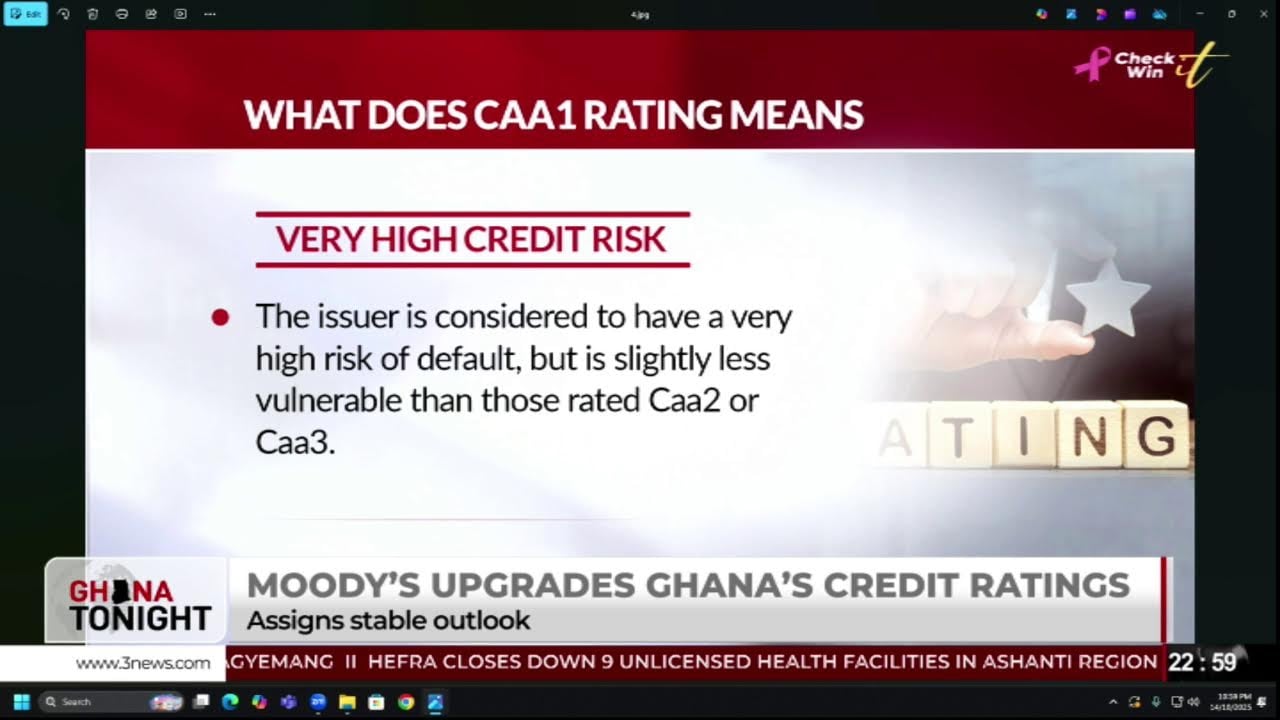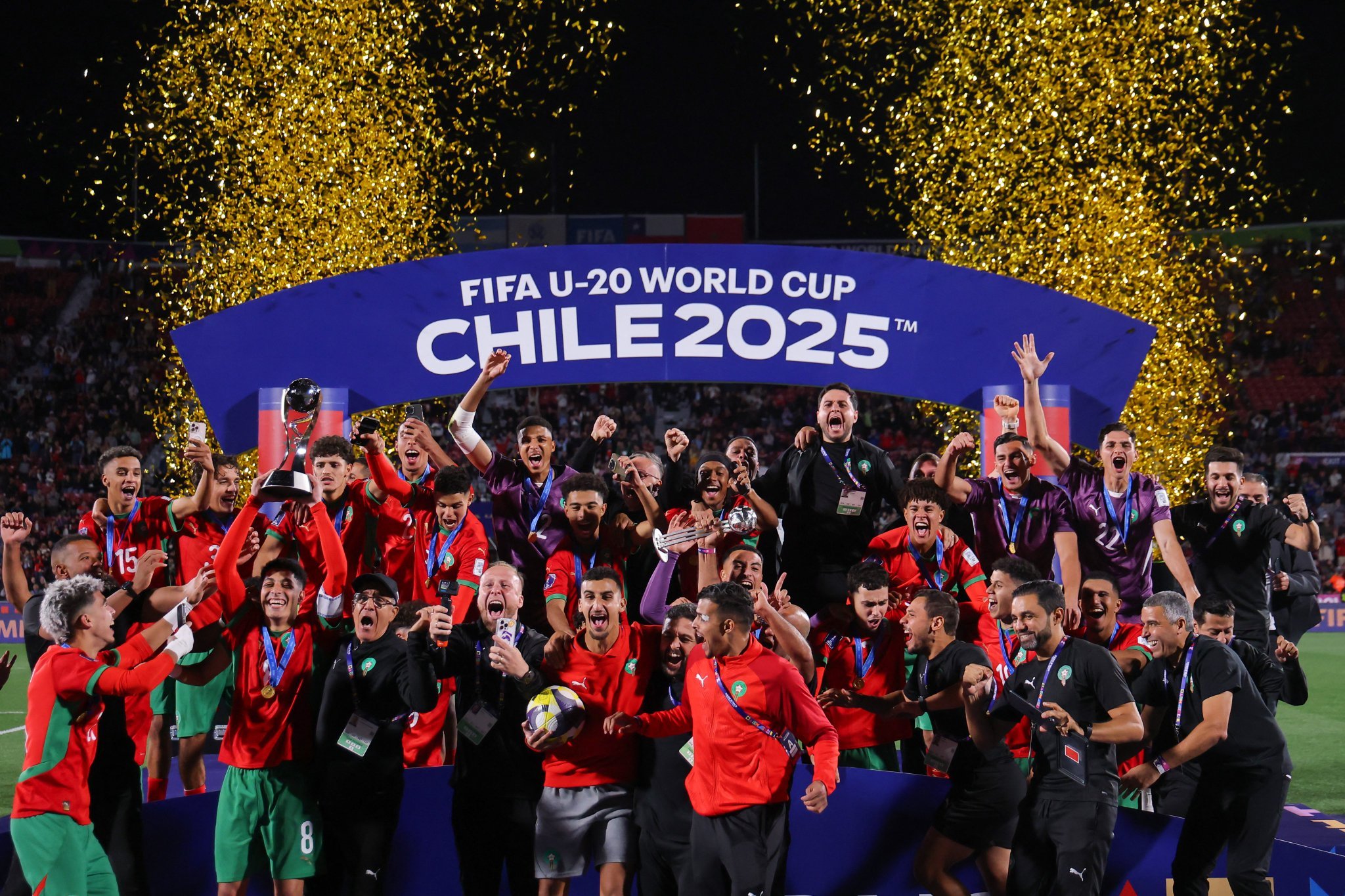
Every single day, one sees or hears of one small business or another closing its doors, not for a period, but for good.
And it is not because the business did not have a good product. Not because the owner lacked what is referred to on the streets as “hustle.” These businesses close because a foreign competitor—often with deeper pockets and established brand recognition—has systematically taken their customers.
Walk through any Ghanaian market or shopping district today, and you will see the evidence: international food chains slowly replacing local eateries, foreign e-commerce platforms dominating online sales, and multinational retailers capturing market share from neighbourhood shops that have served communities for decades.
One can talk of the Melcom Mini shops as good examples of big players coming in to push out the small players, but that will depend on whether one considers the third-generation Indian-owned business as Ghanaian or not.
The conventional wisdom says our SMEs cannot compete because they lack capital, technology, or scale. But this narrative misses the truth hiding in plain sight: The real competitive advantage is not money—it is understanding your customer better than anyone else.
The uncomfortable truth
According to recent data, 70% of Small and Medium-sized Enterprises (SMEs) fail within the first five years. Meanwhile, foreign competitors continue to expand their footprint in our economy. The gap is not closing—it is widening.
But here’s what makes this crisis particularly frustrating: Foreign companies are not winning because they have better products. They are winning because they have mastered something our local businesses often overlook—obsessive customer-centricity.
When Uber entered Ghana’s transportation market, they did not win because they had better drivers than our local taxi services. They won because they solved customer pain points that local operators had ignored for years: predictable pricing, cashless payments, driver accountability, and real-time tracking.
When international food delivery apps gained traction, it was not because the food was better. It was because they addressed customer frustrations with reliability, convenience, and transparency that local delivery services had taken for granted as “just how things work.”
The Capital Myth
“If only I had more capital, I could compete with the big players.”
This is the most dangerous lie in Ghanaian entrepreneurship today.
Capital does not create competitive advantage—customer understanding does. And customer understanding does not require a massive budget. It requires intentionality, curiosity, and commitment.
Consider this: A multinational company spends millions on market research, focus groups, and customer data analytics. Yet a local business owner who genuinely listens to their customers, understands their daily struggles, and adapts to serve them better can compete—and win.
The local advantage we keep ignoring
Ghanaian SMEs have an advantage that no foreign competitor can replicate: We are embedded in our communities. We speak the languages our customers speak. We understand the cultural nuances that shape buying decisions. We know the unspoken needs that no market research report will ever capture.
But we are squandering this advantage by copying the very approaches that put us at a disadvantage—product-first thinking, transaction-focused relationships, and feature-based competition.
The neighbourhood pharmacy: A business that can win through customer-centricity
Turn the next corner and you sure will come across one—the ubiquitous neighbourhood pharmacy. It used to be that the distance between two pharmacies was supposed to be 400-meter radius. Although by some indications, it has now been reduced to a 150-meter radius. This makes neighbourhood pharmacies truly embedded in the neighbourhood. Such a business should in no way lose out to any foreign pharmacy chain.
The reason?
By its sheer location, the pharmacy should become part of the community. The pharmacist, assistants or attendants should know as many customers by name as possible. They should know the health conditions and even the financial situations of customers in the community.
When a customer is unable to afford full medication, a neighbourhood pharmacy should be able to create a payment plan for the customer. When someone is confused about dosage, the neighbourhood pharmacy should personally call the one to check in. As far as I am concerned, neighbourhood pharmacies should not just sell medicine—the pharmacy should become the trusted health advisor to the entire community.
Every neighbourhood pharmacy should be a place where members of the community can freely walk in and out, voice their complaints and suggestions, and know that they will be heard.
When that happens, it would not matter what big brand or pharmacy chain comes into the community. The chain can have better prices. But the neighbourhood pharmacy will have better relationships. And relationships win, most of the time.
The four pillars of customer-centric competition
The case study above shows four common elements that any Ghanaian SME can implement today:
Deep Customer Understanding
Stop assuming you know what customers want. Ask them. Listen to them. Observe them. Foreign companies conduct expensive market research. You can have conversations. Your advantage is proximity—use it.
Action Step: This week, conduct in-depth conversations with your top ten customers. Ask: “What’s the biggest challenge you face that relates to what I offer?” The insights will surprise you.
Relationship over transaction
Foreign companies optimise for transactions because that is all they can build at scale. You can build real relationships. You can remember names, understand contexts, and provide personalised solutions.
Action Step: Start a simple customer database. Record not just purchase history, but personal details—birthdays, preferences, family situations. Use this information to serve them better.
Community integration
You are not just a business—you are part of the community fabric. Foreign competitors are extracting value from Ghana. You can create value for Ghana while building your business.
Action Step: Identify one way your business can solve a broader community problem. Partner with local organisations. Become indispensable to your community’s well-being.
Adaptive innovation
Foreign companies have standardised processes that take months to change. You can adapt in days. Your size is an advantage—use it for speed and flexibility.
Action Step: Create a simple feedback loop. Ask customers weekly: “What could we do better?” Implement changes immediately. Your speed of adaptation is a competitive weapon.
The Ubuntu business model
Our ancestors understood something that modern business schools are only now discovering: “I am because we are”—Ubuntu.
This is not just philosophy. It is a business strategy perfectly suited to compete against foreign capital.
When your business success is genuinely tied to your customers’ success, when your growth means your community’s growth, you create loyalty that no advertising budget can buy. You build trust that no brand recognition can match. You establish relationships that no foreign competitor can replicate.
Foreign companies compete on the basis of efficiency and scale. We must compete on relationship and relevance. They optimise for market share. We must optimise for customer success.
The choice before us
The question is not whether Ghanaian SMEs can compete with foreign companies. The question is: Will we choose to compete on our terms or theirs?
If we compete on price, we lose. If we compete on scale, we lose. If we compete on capital, we lose.
But if we compete on customer understanding, community integration, relationship depth, and adaptive service, we win. Because these are advantages that cannot be imported, cannot be franchised, and cannot be replicated by corporate headquarters in London or Beijing, making decisions about markets they have never lived in.
Starting Today
The transformation does not require massive investment. It requires a decision.
Start with three commitments:
- This week: Have meaningful conversations with ten customers. Not to sell—to understand.
- This month: Implement one change based purely on customer insight, even if it reduces short-term profit.
- This quarter: Build one system that makes your customers more successful, whether they buy from you again or not.
Foreign competitors have money and scale. You have proximity and authenticity. Choose to leverage your advantages instead of envying theirs.

The future we can build
Imagine Ghana, where our SMEs are not just surviving but thriving; where local businesses are not losing ground to foreign competitors but reclaiming market share through superior customer understanding.
Imagine neighbourhoods where the pharmacy, the restaurant, the clothing shop, and the service provider are not just businesses but trusted partners in community wellbeing.
This is not a fantasy. It is a choice. Every entrepreneur who shifts from product-obsessed to customer-obsessed moves us closer to this future.
The revolution does not start with government policy or access to capital. It starts with you, tomorrow morning, asking your customers one simple question: “How can I truly serve you better?”
Their answer will show you how to compete with anyone, regardless of their capital.
Your customers are not your market. They are your competitive advantage.
Use it.
The post Service and Experience with J. N. Halm: Losing to foreign competition: How customer-centricity can level the playing field appeared first on The Business & Financial Times.
Read Full Story




















Facebook
Twitter
Pinterest
Instagram
Google+
YouTube
LinkedIn
RSS